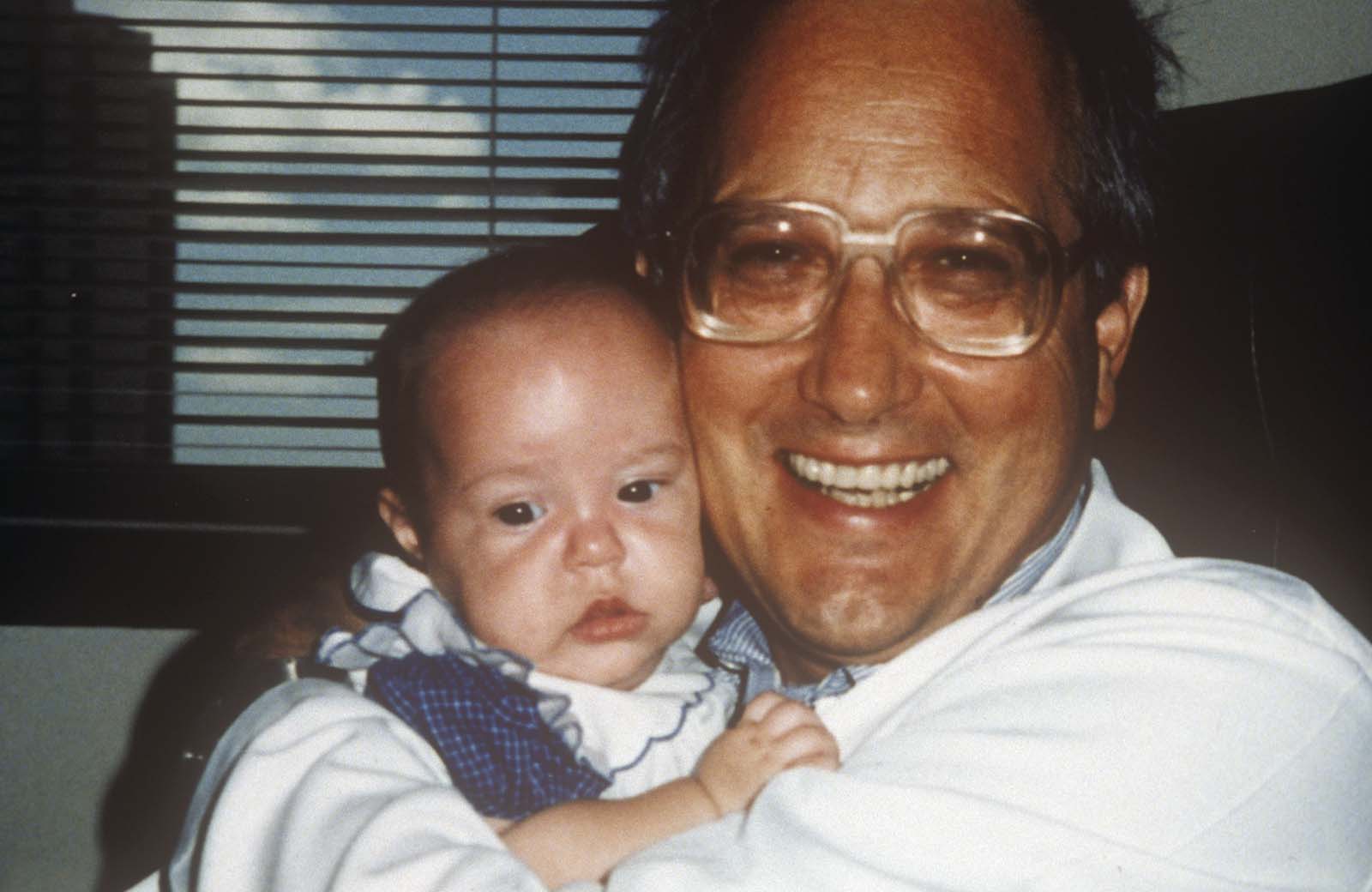 One reason more physicians are choosing locums is to spend more time treating patients and less time on paperwork and other administrative tasks.
One reason more physicians are choosing locums is to spend more time treating patients and less time on paperwork and other administrative tasks.
As Andee Nelson, a Global Medical senior recruiter, puts it: “Physicians want autonomy and to go back to their roots — the whole reason they decided to go into medicine in the first place. They want to get creative, work with what they have and rely on their skills which locums requires, especially in rural areas or international assignments.”
Here are five doctors who say locums allows them to spend less time on paperwork and politics and more time with patients. These doctors have chosen locums assignments in order to apply and improve their medical skills, get back to the basics of medicine, and take a break from the bureaucracy and administrative burdens.
Dr. Alexander, family medicine
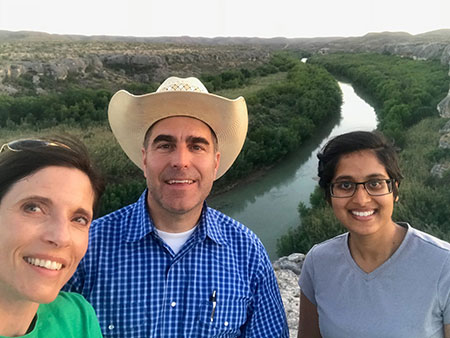
Dr. Sheby Alexander, a family medicine doctor recently out of residency, has chosen locums as her full-time job. She likes the flexibility, freedom, and having more time with patients. Her favorite locums assignments have been in rural West Texas, where she was able to put a variety of medical skills to use, from clinic work to delivering babies.
She says that forming interpersonal relationships and spending time with patients is why she enjoys medicine. “That part of practicing medicine is so important to me,” she explains, and points out that the rural locums assignments allow her that freedom.
Dr. LeMaire, OB/GYN
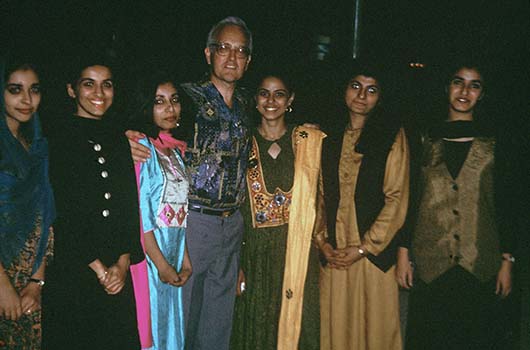
OB/GYN Dr. William LeMaire started doing international locums long before it was an established career choice. Before finding Global Medical Staffing, he lined up his own short-term jobs all over the world. After leaving a full-time job in Miami, he lived and practiced medicine in Africa, Japan, Pakistan, Alaska, New Zealand, Australia, Mexico, and the Caribbean, taking his wife along on all of the adventures. His reasons for choosing this way of life included: living like a local in many different places, working less and traveling extensively between assignments, and getting back to the basics of medicine.
Although he enjoyed his full-time job in Miami, he had become specialized in reproductive endocrinology and had not delivered a baby in years. The locums assignments took him back to his initial medical training. He says that he quickly regained his general OB/GYN skills by spending time on the labor ward.
Dr. Jalali, emergency medicine
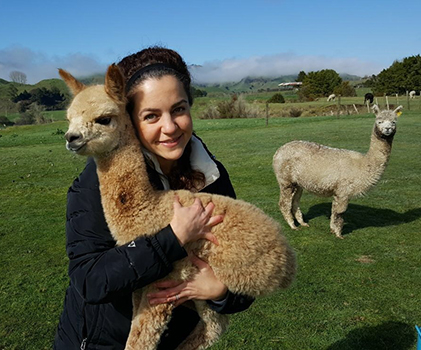
Dr. Sara Jalali went to New Zealand for six months and credits the experience with revitalizing her passion for medicine.
“Only three years out of residency, I already started feeling burned out,” she explains. “Coming to New Zealand has reminded me why I went into emergency medicine in the first place. This is what I always thought practicing in my field would entail.”
She adds: “The people in New Zealand are lovely — so appreciative, patient, and kind. Patients often tell me, ‘You can send me home; you guys are busy, and other patients need this bed more than I do’.”
Dr. Kapala, radiologist
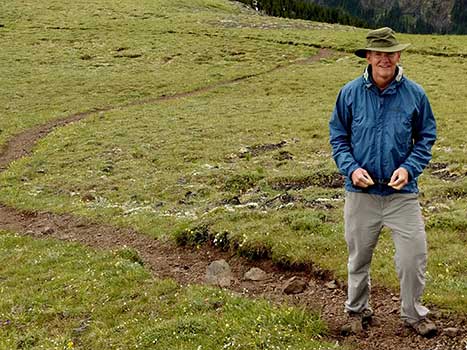
Radiologist Dr. Greg Kapala loves New Zealand and has taken nearly a dozen locums assignments there over the past several years. One reason is simply because he enjoys that country and its people, but another compelling reason is to stop practicing medicine with a fear of getting sued hanging over his head.
He respects New Zealand’s way of handling malpractice. “New Zealand has a very doctor-friendly system for malpractice,” he explains, “so it’s almost unheard of there. I appreciate not having that cloud hanging over my shoulder. I like that safety net.” It removes many of the worries of doctors practicing in the U.S.
The healthcare system also works better, Dr. Kapala believes. “Radiology is quite a bit different in New Zealand than it is in the U.S. because it’s socialized medicine. So if you come into the ER and say you have a headache, you don’t just automatically get a head CT like you would in the U.S. It has got to be vetted by the radiologist, and there are very strict criteria as far as what your symptoms have to be. That doesn’t happen in the U.S. I think the U.S. could use a lot of that because it really cuts down on healthcare abuse. It’s a very limited resource down in New Zealand, so they’re very cautious about how they dole out those healthcare dollars, and I think it’s a very smart way to practice medicine. But I think at the same time, it’s very good medicine.”
Dr. Restrepo, infectious disease
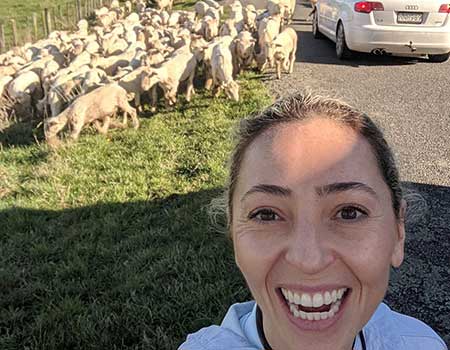
Dr. Dalilah Restrepo, an infectious disease physician, chose locums for the freedom, flexibility, and travel opportunities, as well as the ability to put her skills to good use.
She says that she has gotten back to the basics of using her medical degree as intended. “Locums takes you out of your comfort zone. That challenge is what has made me fall in love with medicine again,” she explains.
Dr. Restrepo also believes that locums has accelerated her medical knowledge, as she is the only infectious disease specialist in the area, so gets lots of calls from the hospital and colleagues who tap into her expertise.
“In my field of infectious diseases, this assignment of international locum tenens has been very important and has been a huge learning curve to learn about local pathogens, diseases, and antimicrobials,” Dr. Restrepo says. “The variety of cases has kept me on my toes!”
Want to find out more about locum tenens? Give us a call at 855.488.5825 or view today’s locum tenens job opportunities.



 Back
Back